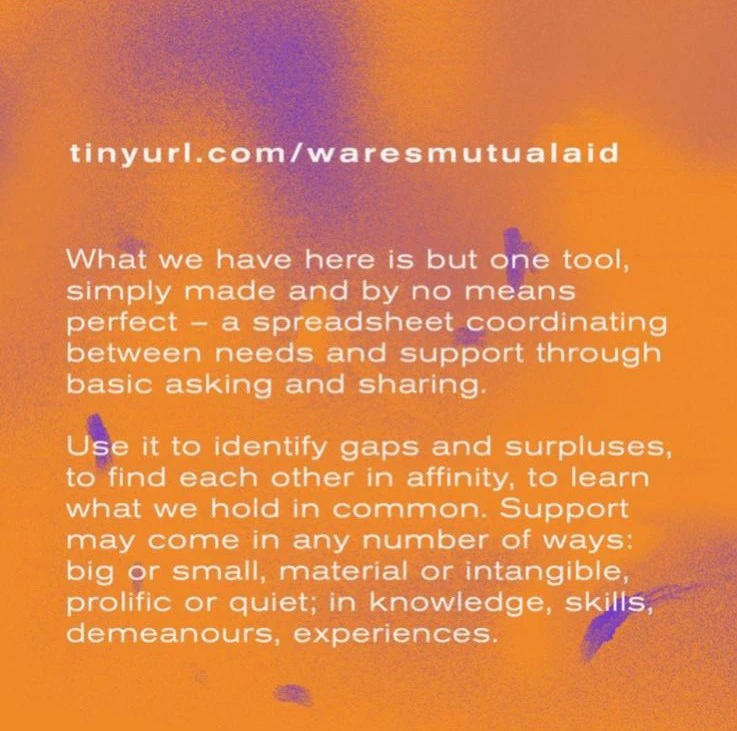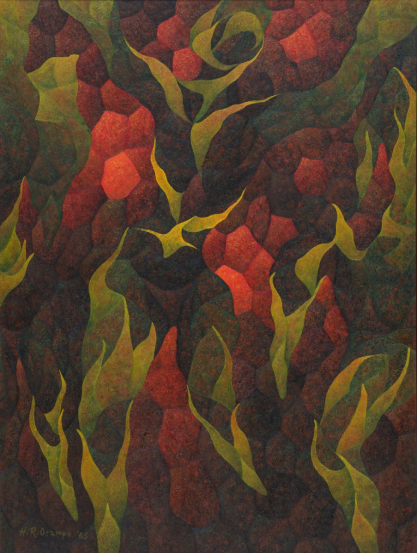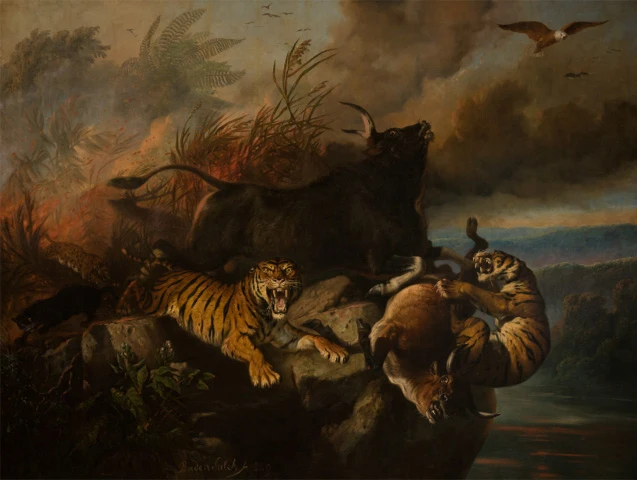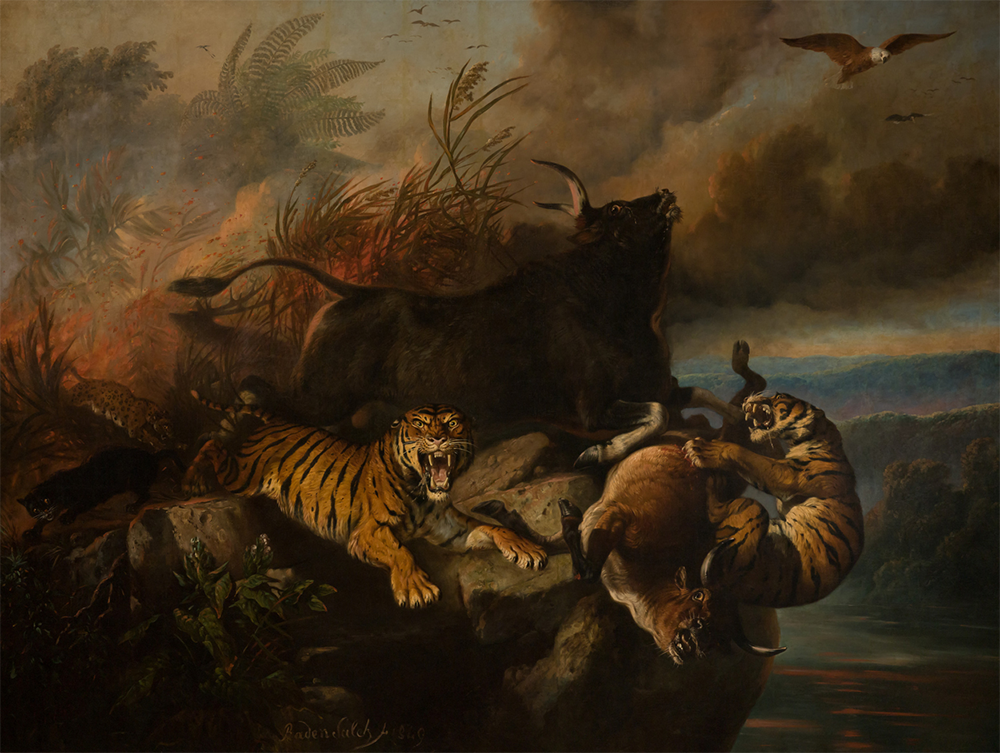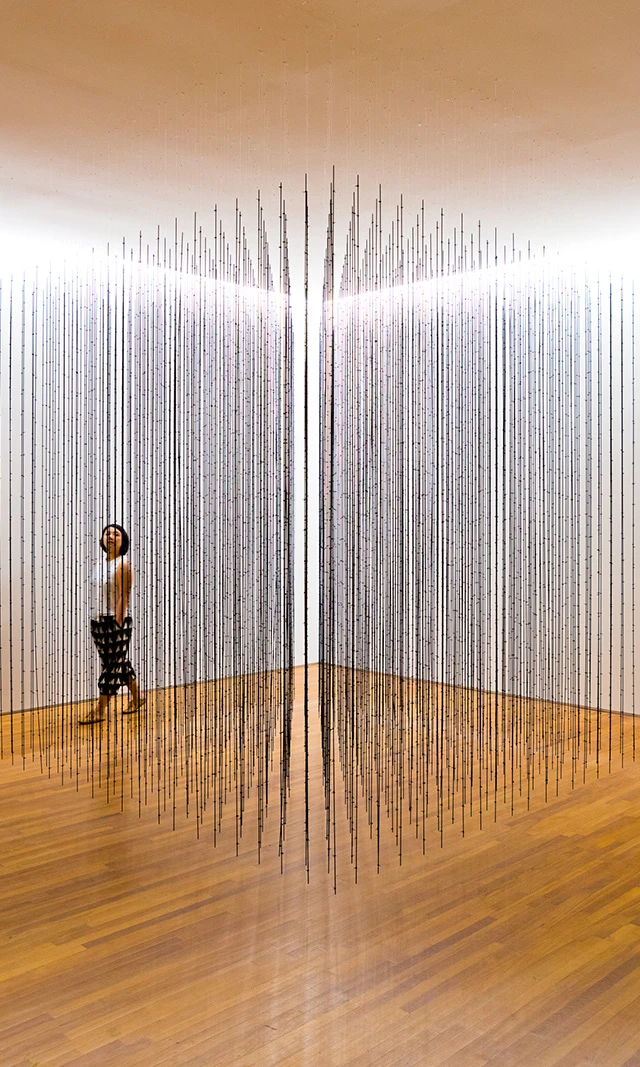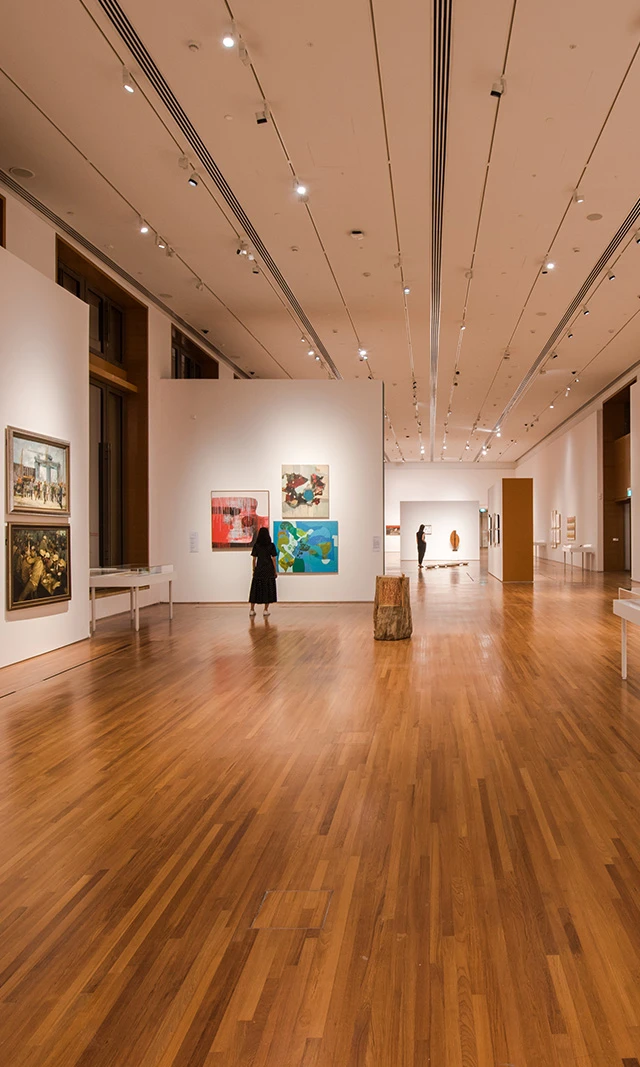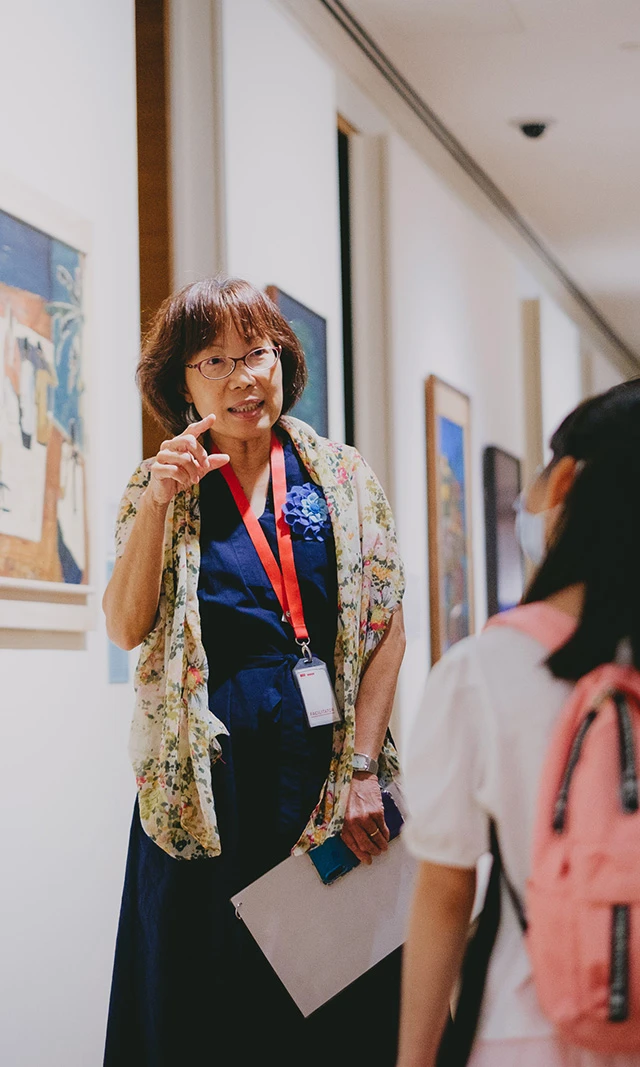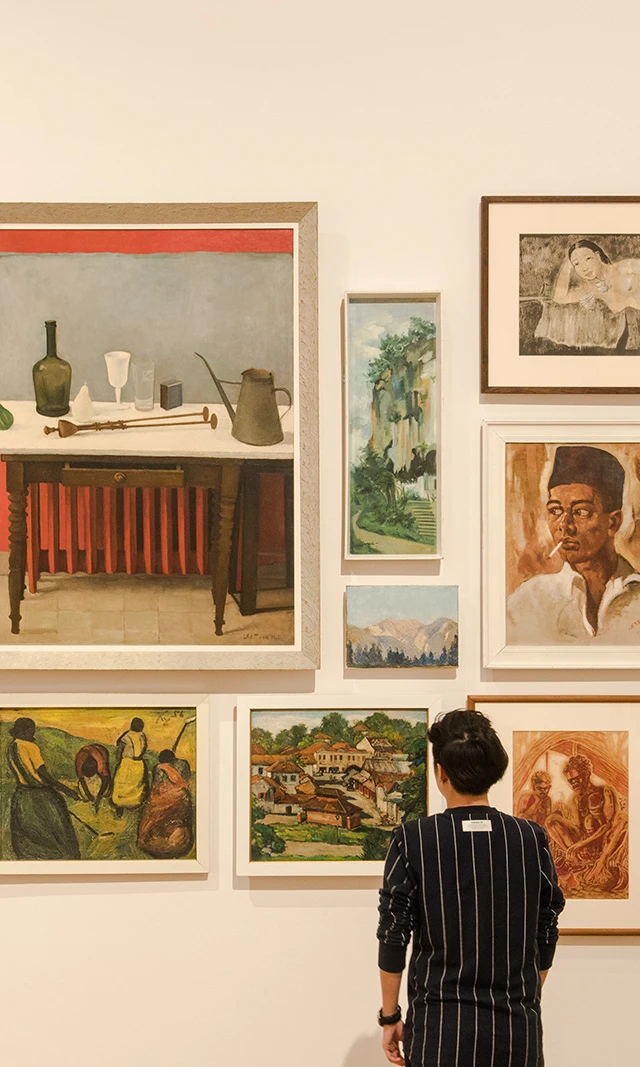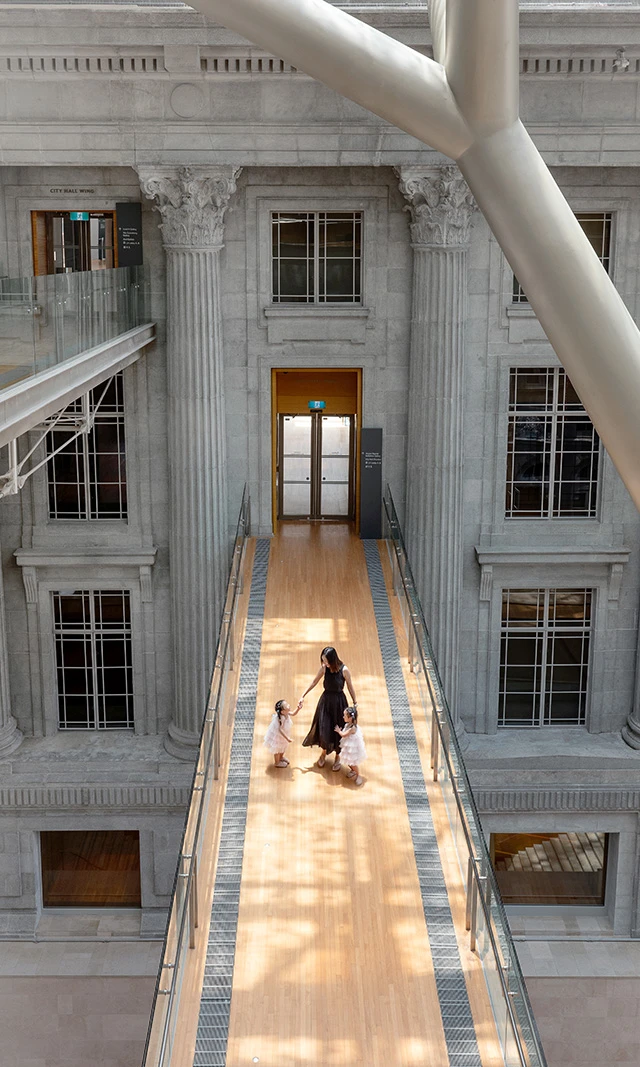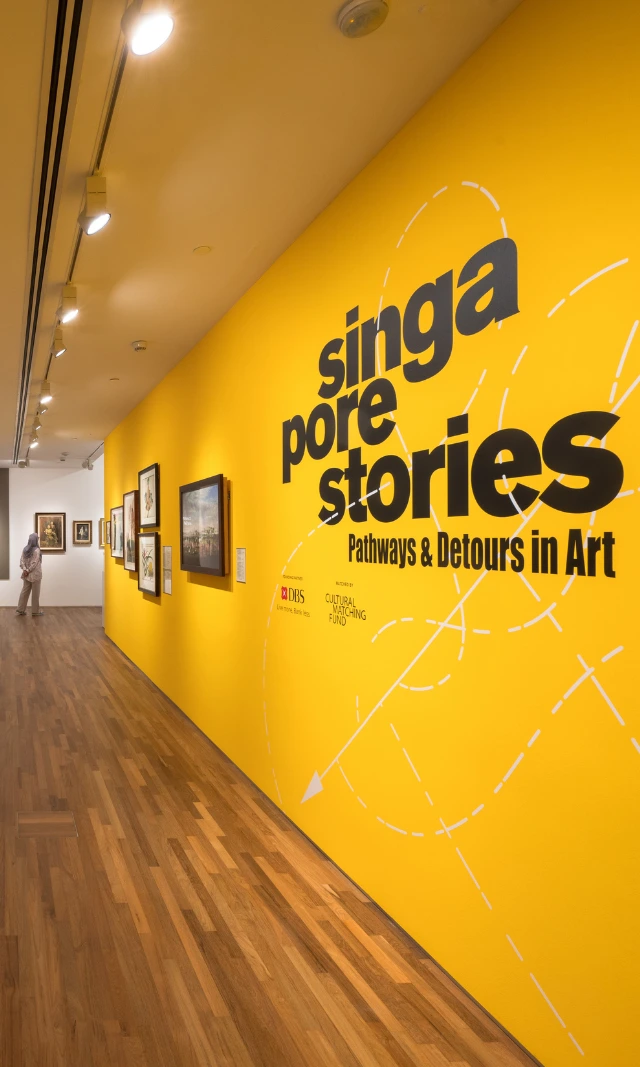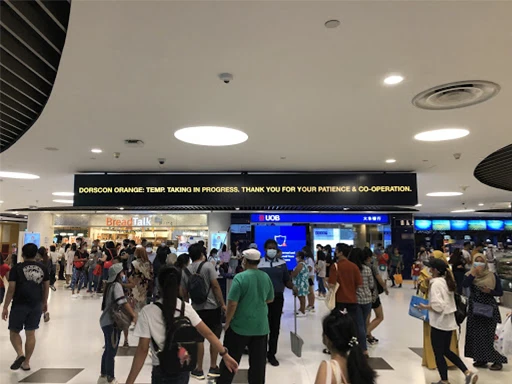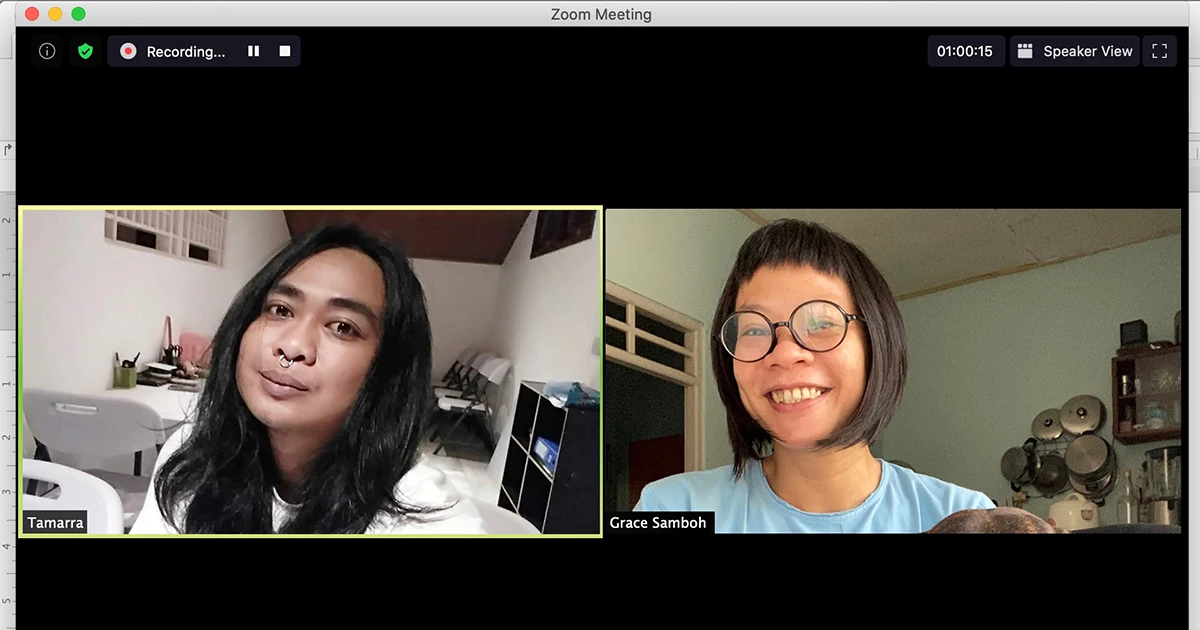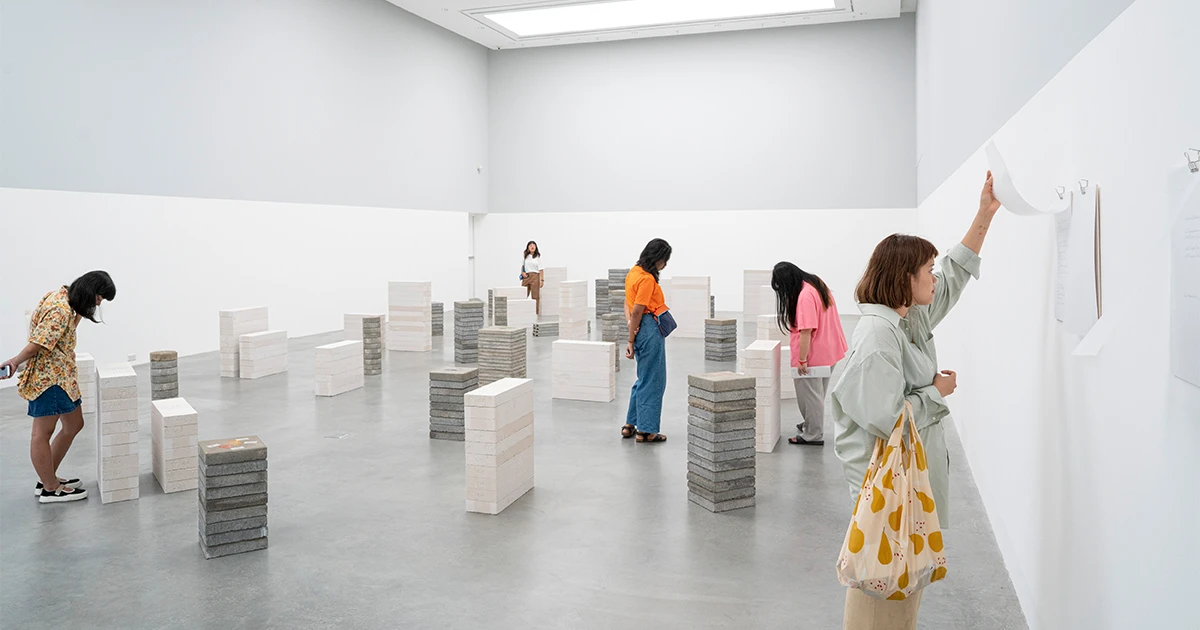out of isolation: artists respond to covid-19
Diana Rahim
out of isolation: artists respond to covid-19 is a special series of creative, critical and personal responses by artists on the significance of the coronavirus to their respective contexts, written as the crisis plays out before us. The pandemic has amplified gaps in systems meant to provide aid to the most vulnerable. In the face of bureaucratic barriers to access and the lack of sufficient institutional aid, mutual aid networks have been formed to provide care for the individuals affected by these structural fissures. Diana Rahim reflects on her experience participating in mutual aid efforts in Singapore.
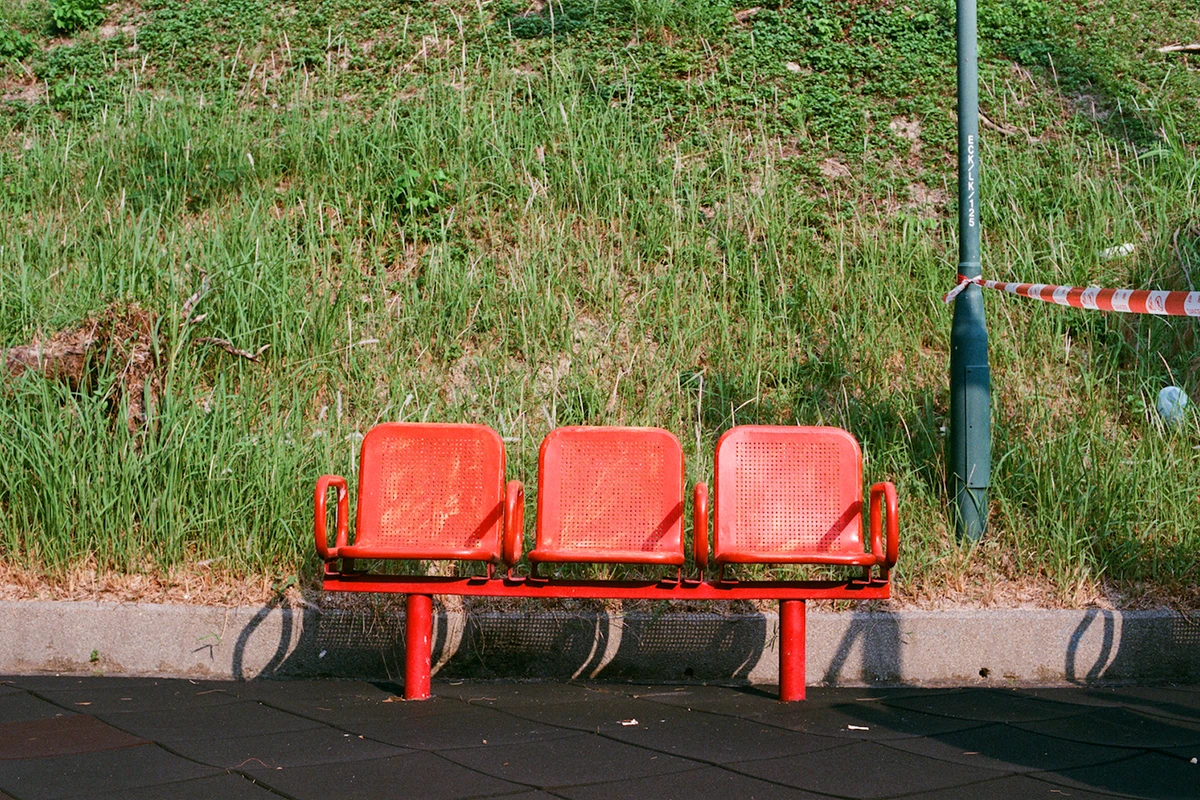
For A Small Gathering, 2019
Image courtesy of the artist
As the world continues to grapple with the effects of the COVID-19 pandemic, many unique tensions, fears and doubts about the future have arisen. out of isolation: artists respond to covid-19 brings together artists' creative, critical and personal responses on the significance of the pandemic to their respective localities and contexts—what kinds of inequalities and injustices have the crisis laid bare, and what changes does the world need? If the origin of the virus is bound in an ecological web, what forms of climate action and mutual aid are necessary, now more than ever? Written as the crisis plays out before us, the series aims to spark conversation about how we might move forward from here.
The pandemic has amplified gaps in systems meant to provide aid to the most vulnerable. In the face of bureaucratic barriers to access and the lack of sufficient institutional aid, mutual aid networks have been formed to redistribute resources and provide care for the individuals affected by these structural fissures. Diana Rahim reflects on her experience participating in mutual aid efforts through a spreadsheet initiated by wares, a reading library and infoshop in Singapore. Diana is a writer and an editor of Beyond the Hijab, whose current visual work is concerned with the politics of public space.
Notes On Mutual Aid
Diana Rahim
When COVID-19 tightened its grip on Singapore in March, wares—a reading library and infoshop—started a mutual aid spreadsheet. The spreadsheet itself is straightforward—individuals can list their needs, be they funds, groceries, or living and working space, and/or offers of support. wares also set up a telegram channel for individuals to discuss and coordinate efforts, leading to the formation of smaller groups to brainstorm ideas for specific listings or discuss related issues. Self-organised fundraising efforts such as #waresbookfair and #waresthrifting sprung up on Instagram too, with proceeds channeled directly to individuals with needs listed on the spreadsheet.

Everybody loves the narrative of mutual aid as proof of collective care and survival. It is a testament to the capacity of humans to cooperate and hold each other so that we may all survive. And indeed, out of the 98 listings that have been fulfilled through this mutual aid spreadsheet so far, rent has been covered for people to avoid eviction, funds have been raised for families’ meals and workers’ travel expenses, laptops have been secured for children undertaking home-based learning, and much more.
Mutual aid, however, is undeniably a response to the profound structural failure that has led to such deprivation and suffering in the first place. The dictum often associated with mutual aid, “solidarity, not charity,” points to how it not only functions outside of state institutions and organisations, but often in direct opposition to them. If the present system and its processes are what has brought us here, then we cannot use the same logic to formulate our solutions. In contrast, mutual aid is a community-led effort that is non-bureaucratic, non-hierarchical and free from processes that are time-consuming, dehumanising, and exclusionary to the most vulnerable.
While capitalism is predominantly understood as an economic system and ideology, it is imperative to understand its impact on access to basic human needs and daily life. When money and capital accumulation are perceived to be so fundamental to the running of society, they also control human bodies through the organisation of labour, the structuring of public spaces and communities, and the less tangible (but no less real) things like pleasure, joy and pain.
A profound desensitisation happens under capitalism. A detachment from feeling the full weight of things, a convenient compartmentalisation and an outsourcing of pain. Think of store-bought meat for example, and how our access to it through its final form in plastic packaging shields us from the violence of killing an animal, so that we may eat it without guilt. We purchase not only meat, but the peace of ignorance and distance from profound suffering.
Over these past few months, this mutual aid effort has made me feel as if I am standing closer to suffering. It is usually the institutions and charity organisations who, in functioning as intermediaries, distribute resources to the vulnerable that are in direct contact with them and absorb the emotional labour. The direct participation and communal solidarity inherent in the practice of mutual aid makes community survival, even life, the responsibility of not just of a group of specialists or state apparatuses, but everyone involved. While one may argue that the option to organise large-scale charity and donation drives is always available to us, mutual aid operates on a fundamentally different ethos. It encourages reciprocity and solidarity, bringing the focus to the fissures in existing systems rather than the individuals who are in need.
Through the reciprocity of mutual effort, people have learned about things like the different tiers of work passes issued in Singapore, and that the difference between a long-term visit pass (LTVP) and a LTVP-plus decides if a person may receive a government payout or not. We have learned about the Pay-As-You-Use (PAYU) scheme for households that struggle to pay off their monthly utility bills. We have learned that the homeless cannot vote as they do not have a listed address. We have learned about individuals with foreign spouses who are separated from their loved ones during this difficult time. We have learned of single mothers ineligible for government payouts because they are below 21. We are privy to individuals who urgently need money but are depleted from trying to navigate the lengthy and exhausting bureaucratic processes to attain subsidies that were even then, only temporary. I felt the failure of the system viscerally when the #waresbookfair effort raised almost S$20,000, but I could not feel celebratory, because despite immense collective effort, the amount was not enough to meet all the needs listed in the spreadsheet. The needs are relentless, the suffering is relentless, and so we too must be relentless.
What I have found most meaningful about the mutual aid effort is not only that it empowers us to meet the needs of others, but how its process rehabilitates the ways in which capitalism has alienated us from each other. We are able to renew relations with one another, which have been eroded by a pervasive system that conditions us to dehumanise each other, to remain isolated from each other’s realities and spirits, and to judge others based on their ability to survive brutal competition. Through the practice of mutual assistance, we are given a glimpse of how the relations between us may altogether be transformed. Instead of an authority mediating our collective needs and mutual efforts—reducing these exchanges to impersonal business-client transactions—we learn critically, viscerally and transformatively about what true care means.
